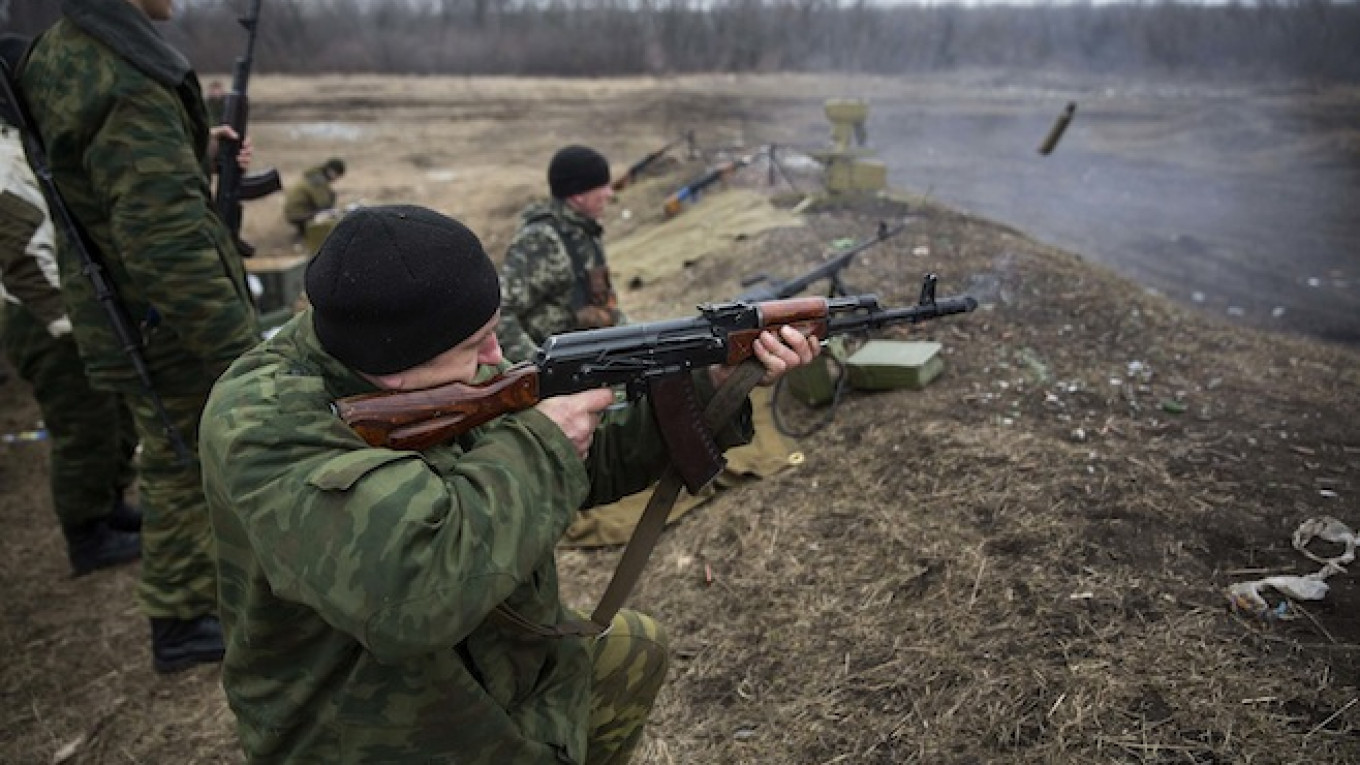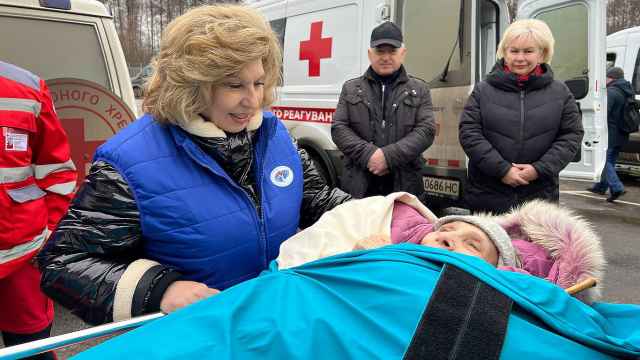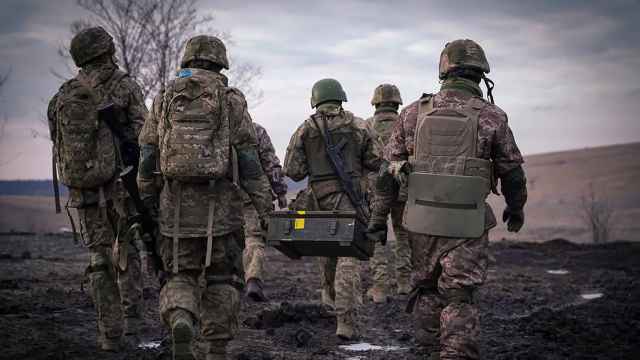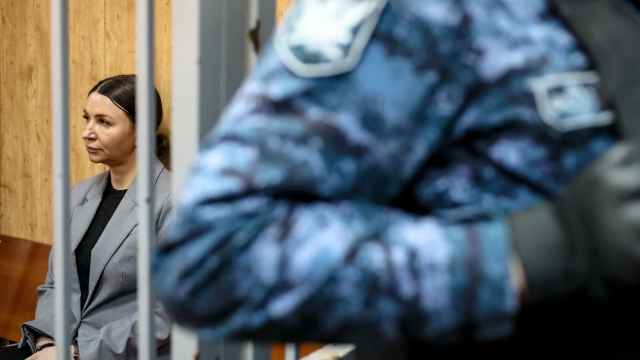MONS, Belgium — NATO Secretary General Jens Stoltenberg said Wednesday that Russia was still arming and training rebel forces in eastern Ukraine and he called for the warring parties to help foreign monitors to reinforce a cease-fire.
Asked at a news conference about a U.S. diplomat's remark that Russian tanks had crossed into Ukraine in recent days, he declined specific comment but said: "We … still see Russian presence and strong support for the separatists in eastern Ukraine. We see the delivery of equipment, forces, training. And so Russia is still in eastern Ukraine.
"Therefore we call on Russia to withdraw all its forces from eastern Ukraine and to respect the Minsk agreement."
On Tuesday, senior State Department official Victoria Nuland told a U.S. congressional hearing that Russian tanks and artillery had crossed into eastern Ukraine in recent days in breach of a cease-fire deal agreed in Minsk on Feb. 12.
Stoltenberg and the top NATO commander, U.S. General Philip Breedlove, told reporters at the alliance's military headquarters in Belgium that their priority now in Ukraine was to see monitors from the Organization for Security and Cooperation in Europe given the safe and free access and comprehensive information they needed to reinforce the truce.
Breedlove said NATO could not say if numbers of combatants and weaponry had changed from estimates before the cease-fire because of the difficulties of monitoring movements. It was positive that men and equipment had moved back from front lines, he said. "But we're not sure where they've been moved."
Ukraine's government says rebels have been concentrating armaments in depots near the main eastern city of Donetsk.
Stoltenberg said he was concerned that weaponry which was not being monitored could be repositioned for future combat.
"Our main message today is that the OSCE needs access," he said. "What we ask for is both freedom of movement … but also that they get access to necessary information … The monitoring of cease-fire is by no means sufficient today."
Stoltenberg said that despite reports of Ukrainian interest in an international peacekeeping force in the east, no request had been made to NATO and he would not speculate on the issue.
He said NATO was "on track" with implementing a plan agreed last September in response to perceived Russian threats to set up a new rapid-reaction force of 5,000 rotating troops backed up by support units in six eastern member states.
The alliance is also planning its biggest military exercise in years, involving 25,000 troops, in October and November, although NATO officers said planning had begun before the crisis in Ukraine and it was not specifically aimed at responding to possible Russian action against any of its 28 members.
"These measures are defensive, proportionate and in line with our international commitments," Stoltenberg said. "NATO continues to defend all allies against any threats."
Some in the small, ex-Soviet Baltic states have voiced concern that the alliance might hesitate to respond to a Russian incursion on their territory or would struggle to challenge a limited Russian move far from NATO's main bases. Among exercises planned are a beach landing on the Polish Baltic coast in June.
A Message from The Moscow Times:
Dear readers,
We are facing unprecedented challenges. Russia's Prosecutor General's Office has designated The Moscow Times as an "undesirable" organization, criminalizing our work and putting our staff at risk of prosecution. This follows our earlier unjust labeling as a "foreign agent."
These actions are direct attempts to silence independent journalism in Russia. The authorities claim our work "discredits the decisions of the Russian leadership." We see things differently: we strive to provide accurate, unbiased reporting on Russia.
We, the journalists of The Moscow Times, refuse to be silenced. But to continue our work, we need your help.
Your support, no matter how small, makes a world of difference. If you can, please support us monthly starting from just $2. It's quick to set up, and every contribution makes a significant impact.
By supporting The Moscow Times, you're defending open, independent journalism in the face of repression. Thank you for standing with us.
Remind me later.






